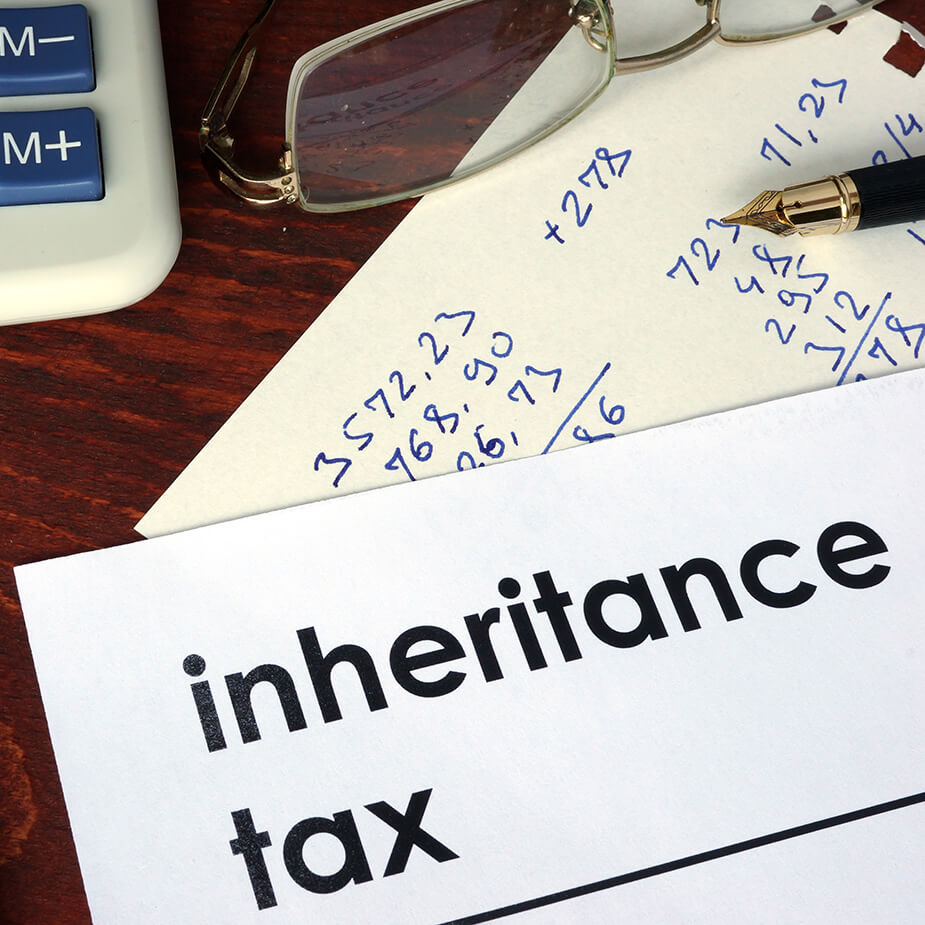How to save Inheritance Tax – Part 1
This is the first in the series of blogs about some of the ways in which it is possible to save Inheritance Tax on your estate.
The basics of Inheritance Tax can be summarised as follows:-
1.Everybody has a Nil-Rate Band allowance, currently £325,000.
2.After deduction of any exemptions or other allowances (see later articles) anything over the Nil-Rate Band is subject to Inheritance Tax at a rate of 40%.
Unfortunately it is not possible to simply give everything away to reduce the size of your estate and hope to avoid paying any IHT.When calculating the value of your estate you also need to take into account any gifts that have been made during the course of the last 7 years of your lifetime.
Subsequent articles will deal with the recently introduced “Residence Nil-Rate Band Allowance” and the ability for this to be transferred.
Making use of allowances
There are a number of allowances that can, and should, be made use of when looking to reduce your Inheritance Tax liability.
Everybody has an annual allowance, currently £3,000 (and has been for many years!) which an individual is able to give away in each tax year.To the extent that the allowance has not been used in the previous tax year it can be carried forward, but it is only possible to go back one year.Sadly it is not possible to say “well I have not made any gifts at all so I shall use all of the allowances from every year of my lifetime!”
This £3,000 allowance is per person making gift, not per person you are making the gift to.
In addition to the annual allowance it is also possible to make gifts of up to £250 to as many individuals as you wish.This £250 allowance is per tax year and designed to cover seasonal gifts, such as for birthdays and Christmas, but can be used to help reduce the estate.
The third allowance, of the straightforward allowances to utilise, is to make gifts in contemplation of marriage.It is possible for parents to give up to £5,000 to their children, £2,500 for grandchildren or great grandchildren and £1,000 for any other individual.
In my next blog I will talk about gifts of a more significant nature and the “seven year rule”.
For specific advice on Inheritance Tax matters, please contact Richard Horwood, Head of the Private Client team.
Please note the contents of this blog are given for information only and must not be relied upon. Legal advice should always be sought in relation to specific circumstances. Longmores Solicitors LLP are not regulated by the Financial Conduct Authority and are not authorized to provide any form of financial advice.

